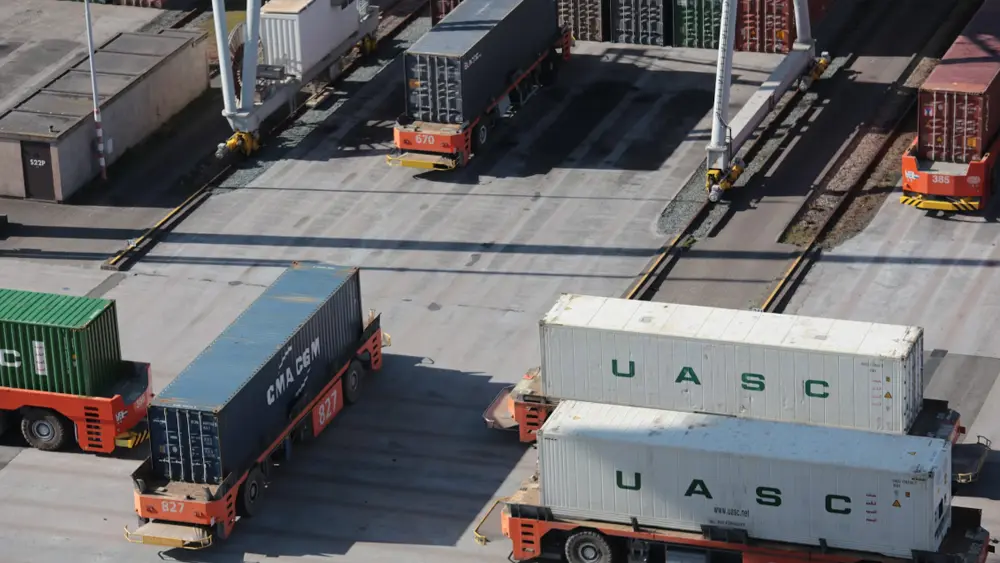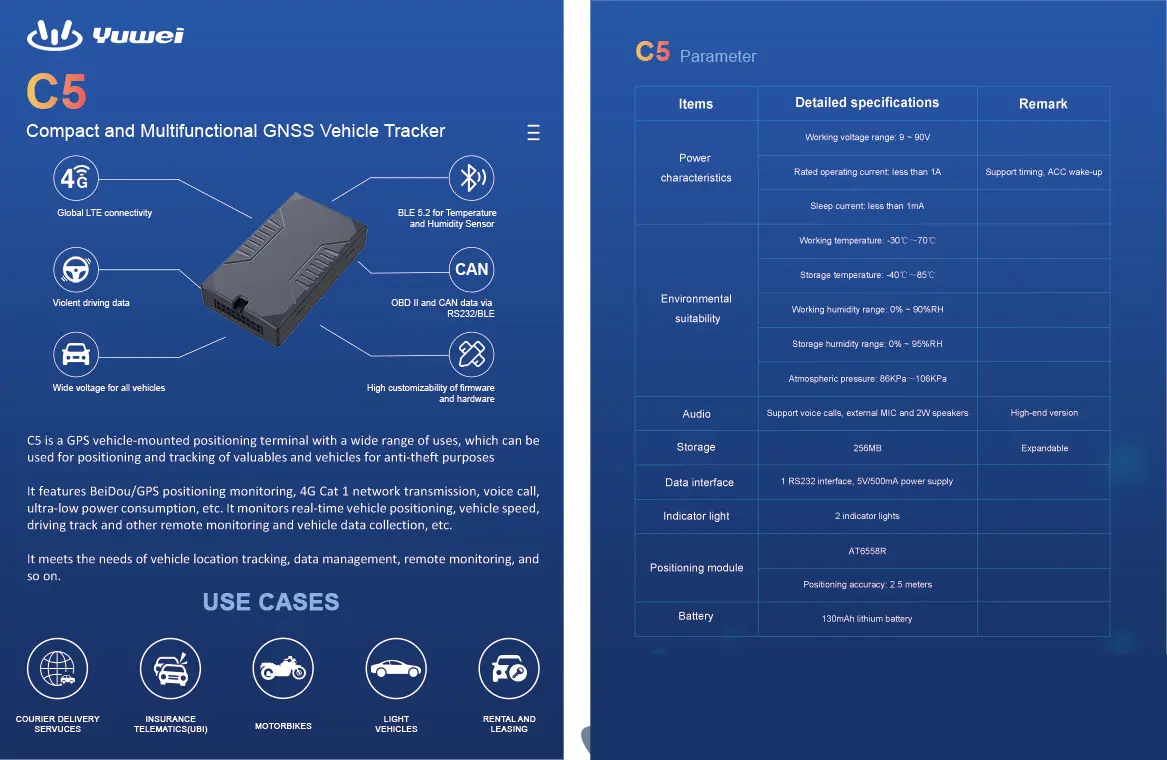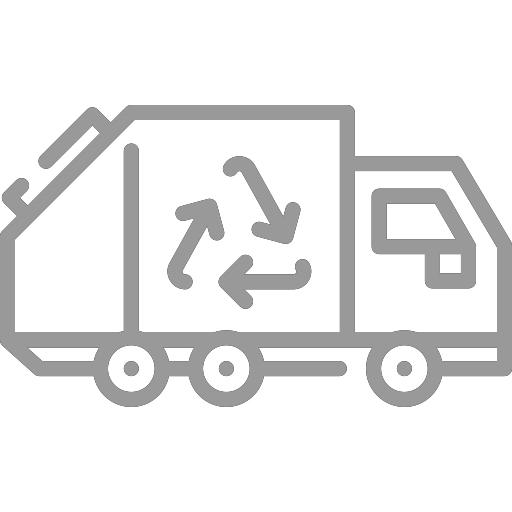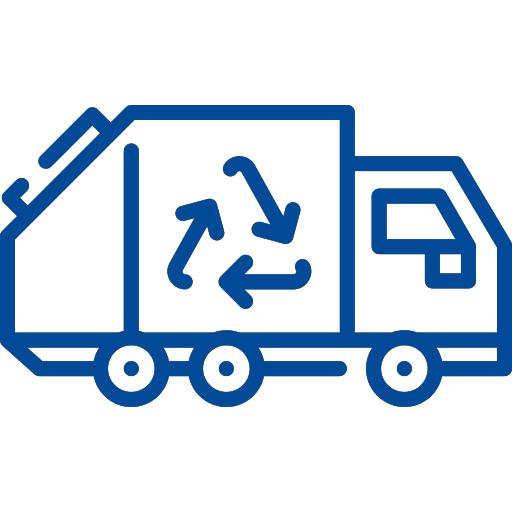GPS Trackers for Large Truck Fleets
GPS Trackers for Large Truck
Are you curious about how GPS trackers are transforming the way large trucks operate? This article explores how these devices provide tangible benefits for transportation companies and drivers. From fleet management to safety assurance, GPS trackers have become indispensable tools in modern logistics.
hnweb_
I. Key Advantages at a Glance
Real-Time Tracking and Visual Management
GPS trackers provide real-time data on vehicle location, speed, and routes, improving dispatch efficiency and punctuality while enhancing overall operational transparency.
Driver Behavior Monitoring
These devices record driving behaviors such as harsh braking, speeding, and idling, helping to identify issues, improve habits, and reduce costs.
II. Enhanced Safety
Geofencing Functionality
Set virtual boundaries that trigger alerts when a vehicle leaves a designated area—preventing theft or entry into high-risk zones.
Safe Driving Oversight
Real-time monitoring of speeding and sudden stops ensures compliance with driving standards and boosts overall road safety.

III. Optimized Routes and Fuel Consumption
Intelligent Route Planning
Using real-time data on traffic and road conditions, GPS trackers recommend efficient routes to avoid congestion and save both fuel and time.
Accurate ETA Predictions
Deliver precise estimated times of arrival, increasing customer satisfaction and service efficiency.
IV. Smart Maintenance Management
GPS trackers can monitor engine health, fuel usage, and mileage, offering proactive maintenance reminders to prevent unexpected breakdowns and reduce repair costs.
V. Asset Protection and Dispatch Flexibility
Real-time location tracking allows for quick responses to theft or irregularities while also enhancing resource allocation and meeting transport demands swiftly.
VI. Regulatory Compliance Support
Trackers log critical data such as speed and driving hours, aiding in regulatory reviews. Electronic logbook features reduce manual workload and ensure accurate records.
VII. How to Choose the Right GPS Tracker
1. Define Your Needs: Identify key functions like real-time tracking or driver behavior monitoring.
2. Check Compatibility: Ensure the device works with your existing vehicles and systems.
3. Prioritize Reliability: Choose durable models that can withstand harsh conditions.
4. Value Data Reporting: Opt for devices with comprehensive data output capabilities.
5. Evaluate Cost & Scalability: Balance affordability with future fleet expansion needs.
6. Consider Industry Feedback: Listen to peer recommendations and read user reviews.
Conclusion: The Future Potential of GPS Tracking Technology
GPS trackers have already revolutionized the trucking industry, delivering improvements in efficiency, safety, and cost control.
As AI and IoT technologies evolve, GPS systems will become even smarter—capable of predicting failures, optimizing routes, and enabling automated dispatching. Future GPS trackers will go beyond location tracking to serve as central hubs for integrated fleet management.
Now is the time to upgrade your fleet management system. Choosing the right GPS tracker will give your transportation business a lasting competitive edge.
Email:hello@yuweitek.com
















































